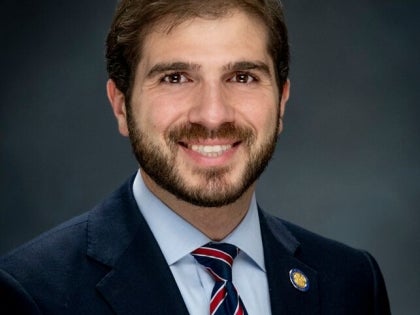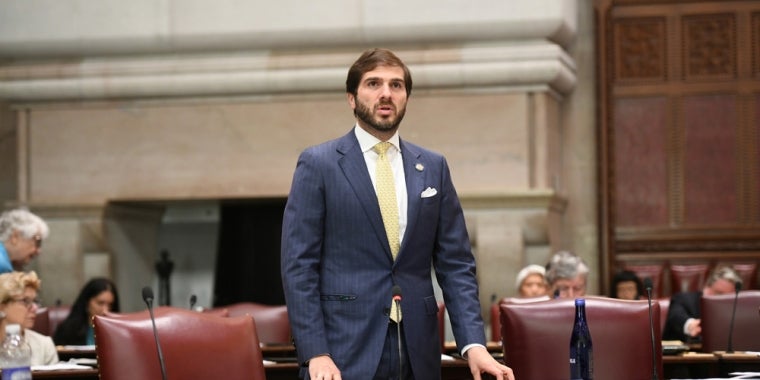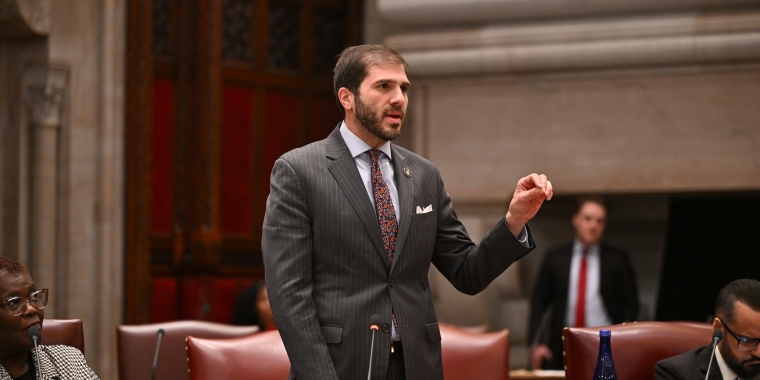
Sen. Gounardes to Albany Times-Union: Banning Legacy Admissions is Not Radical—It's About Fairness

Students push for passage of bill banning legacy admissions
The legislation would end factoring in legacy status for admissions to New York colleges and universities
ALBANY — Legacy admissions at New York universities and colleges are under fire as the legislative session nears a close.
A bill referred to as the Fair College Admissions Act would ban the consideration of legacy status during the admissions process to public and private higher education institutions in New York. The practice of legacy admissions refers to giving special consideration to student applicants who have relatives that are alumni of a college or university they are seeking to attend.
Proponents of the legislation, which is sponsored by state Sen. Andrew Gounardes and Assemblywoman Latrice Walker, say that legacy admissions favor privileged students who come from wealthy families.
“College admissions should be based on merit, but 68 colleges and universities in New York continue to use legacy admissions,” said Jacquelyn Martell, executive director of Education Reform Now New York, a non-partisan think tank.
While 27 percent of universities and colleges consider legacy status nationwide, 42 percent do so in New York, according to the education reform group.
Education Reform Now also said that their report found that legacy status offered a benefit to students equivalent to raising their SAT scores by 160 points.
Under the proposed legislation, schools that continue to give preference to legacy students would be penalized through a fee of 10 percent of their tuition revenue, which would be used to help fund the Tuition Assistance Program.
“For years and years — decades — colleges have given the family members of alumni an advantage, a leg up, the inside track, when they apply for admissions,” Gounardes said Tuesday. “These legacy admissions favor wealthy, predominately-white families, leading to what we like to call ‘affirmative action for the privileged.’”


